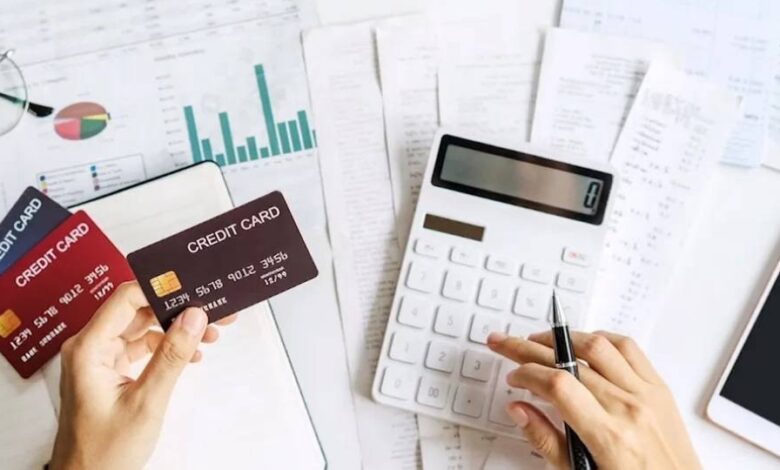Steer clear of common credit card blunders to stay informed
The primary issue stems from ‘excessive spending,’ as it's easy to overspend when using a credit card, especially without careful expense management.

-
It’s important to read the terms and conditions before using a new credit card because some cards may have hidden fees or conditions that require special attention
-
Keep your credit card balance low to save on interest. Use it only for expenses you can pay off quickly, ideally within a month.
-
High-interest credit cards can hinder quick debt payoff despite monthly minimum payments, prolonging debt and increasing interest.
Credit cards offer theoretical and practical benefits, making them a useful and convenient payment method. However, users should be cautious of potential mistakes that could inadvertently lead to financial loss.
The most prominent problem is related to “excessive spending,” as it can be easy to fall into the trap of overspending when using a credit card, particularly if expenses are not managed wisely.
The issue of ‘non-payment of due amounts in full’ and the accumulation of high interest also arise. Additionally, failing to read the terms and conditions carefully may expose the user to risks.
It’s always advisable to read the terms and conditions thoroughly before using a new credit card, including interest rates, fees, and any other related terms, especially since some cards may have hidden fees or conditions requiring special attention. While credit cards offer a convenient way to spend money, their interest rates are exceedingly high.
Compared to the single-digit interest rates offered with other loans or mortgages, the APR on credit card debt is ‘excessively high,’ according to Noah Damsky, a CFA and principal at Marina Wealth Advisors in the United States.
To avoid wasting money on interest, it’s best not to keep an outstanding balance on your credit card if you can.
With high-interest credit cards, it may be difficult to pay off debt quickly even if you make the minimum payments each month. Minimum payments lengthen the amount of time you’ll owe money while also increasing the amount of interest you pay.
For example, it would take 277 months of minimum payments to pay off a $5,000 balance on a credit card with a 20 percent annual interest rate, according to CBS News. During that period, you will pay $7,723 in interest on a $5,000 loan.
In this context, certified financial planner, Daniel Masuda Lerman, says, “Paying the minimum balance every month is not a good practice for the same reason that failing to pay the balance every month is the biggest mistake you can make with a credit card.”
Regardless of the scenario, an unpaid balance will accumulate interest, complicating the payoff process. Nonetheless, making any payment, no matter how small, is preferable to none at all. Missing the minimum payment in a monthly billing cycle can lead to late fees of up to $40, a higher APR, and potentially harm your credit score.
This is what lenders use to determine the interest rate on loans or credit cards. According to the report, as a best practice, only use your credit card for expenses that you can pay off relatively quickly, ideally within a month of the purchase. By doing this, you can largely avoid interest, as most credit cards offer a grace period during which interest does not accrue.












